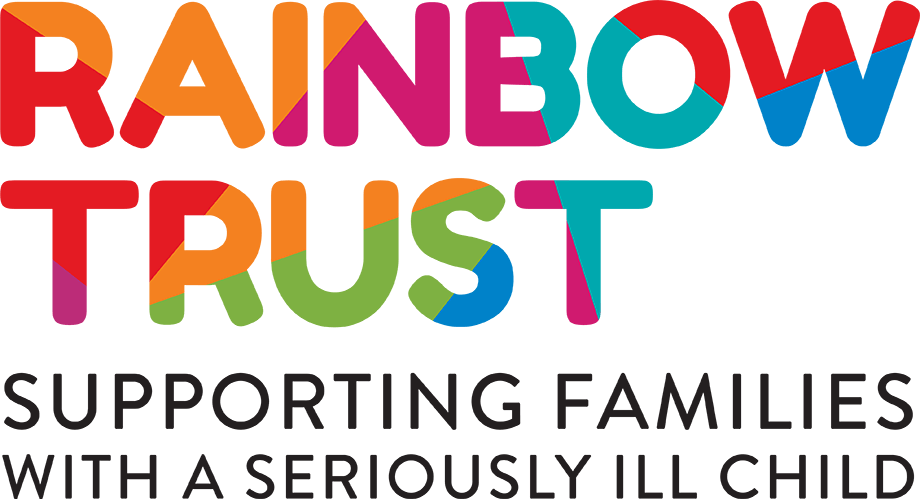Date published: 23 September 2015 by Oonagh Goodman
Emma Haines, Director of Marketing and Fundraising at Rainbow Trust Children’s Charity, commented: “We welcome the NCVO’s review that has been undertaken because putting the interest of supporters first should be at the heart of everything a charity does, without them we would not exist. Trust in charities is critical as people give so much of their time, energy and money.
“However, there remains a lot of questions about how the new proposed system is going to be regulated, how the role of the charities funding the regulator would be managed and particularly how the new rules would be enforced. Charitable organisations on the whole work with the best of intentions but this is not always enough to avoid bad practice. It is important that charities are not vilified in the debate around this issue, the new regulations present an opportunity for charities to review their fundraising activities, ensuring they are working to best practice and are able to communicate with confidence.
Charities fulfil a huge purpose in today’s society and plug many gaps in service and the massive contribution they make should not be overshadowed by the need for regulation around fundraising communication.
“It is vital that charities are able to talk to the public and fundraise to raise the money needed to deliver their services, without too many restrictions in place. Rainbow Trust receives just 3% government funding and if we aren’t able to fundraise and communicate with donors, families with seriously ill children simply wouldn’t get the help they need to cope. We would urge the public to use the ‘opt out’ with care, taking time to consider the organisations they feel operate with the highest standards and deliver a positive fundraising experience, rather than simply opting out of all future communications, an act that might have far-reaching consequences for some smaller organisations.”

